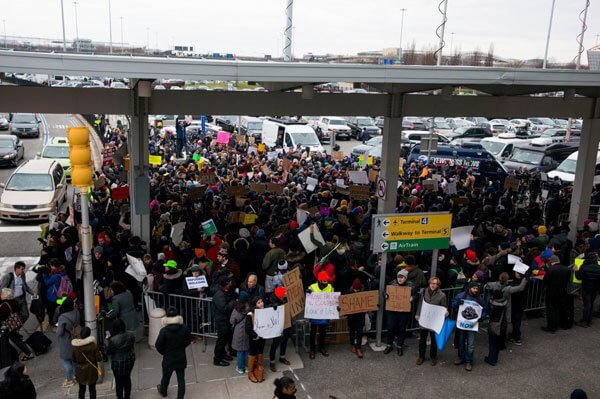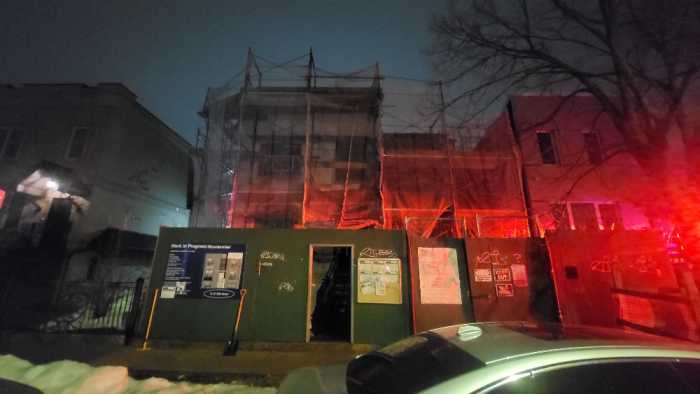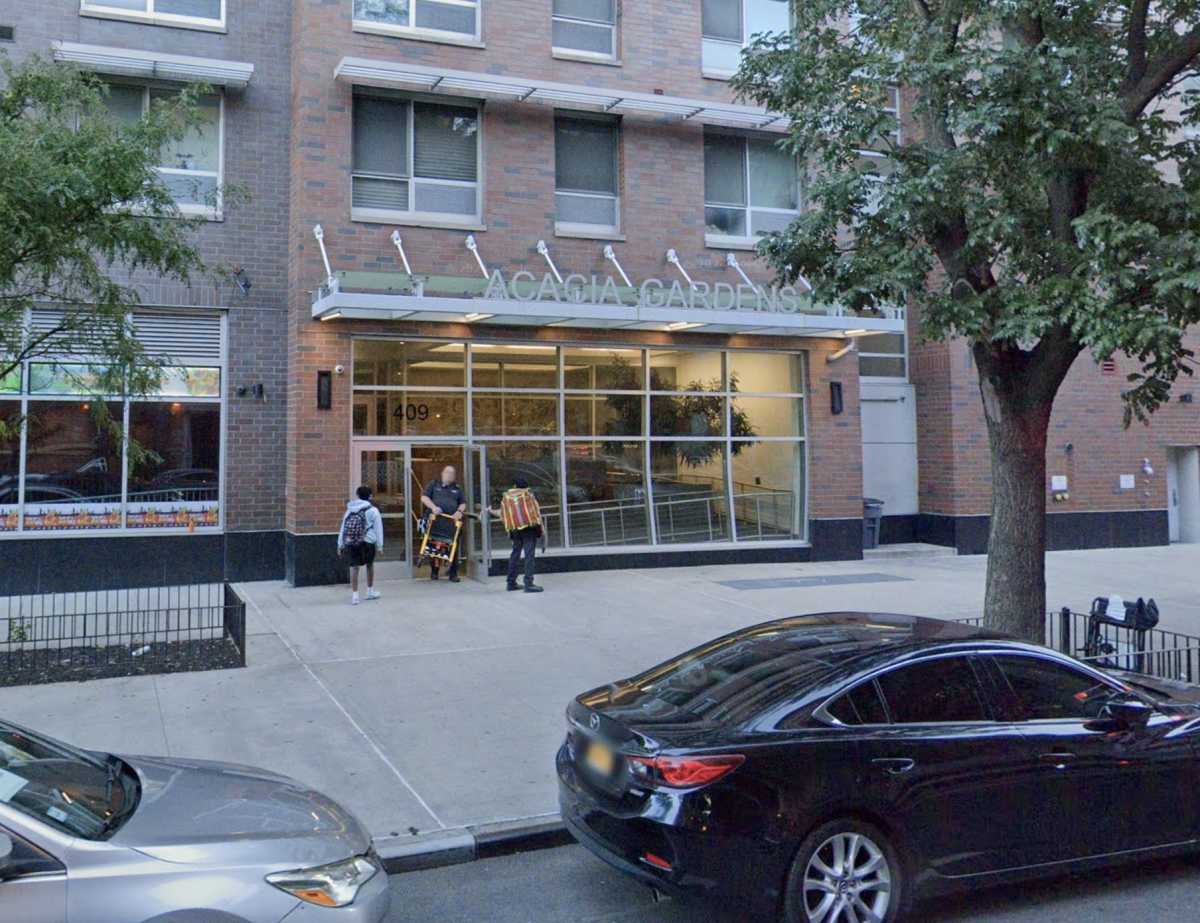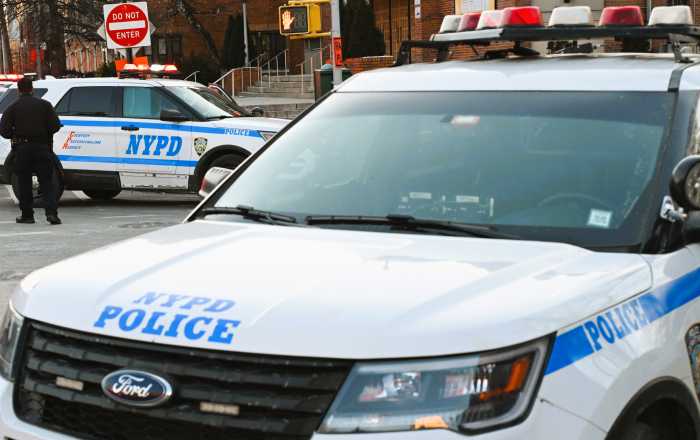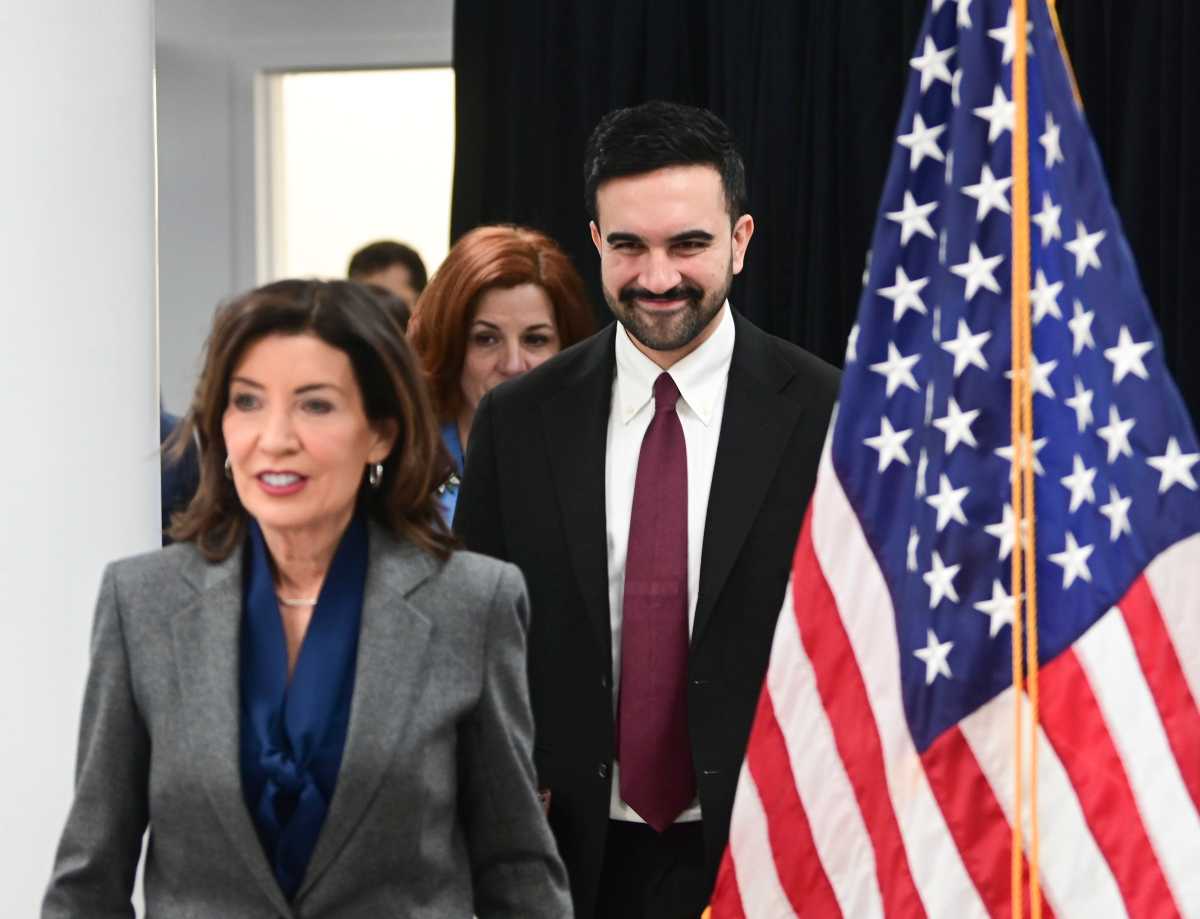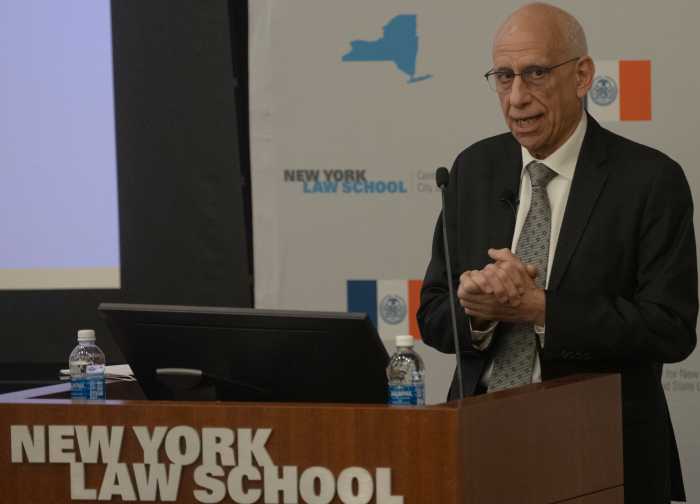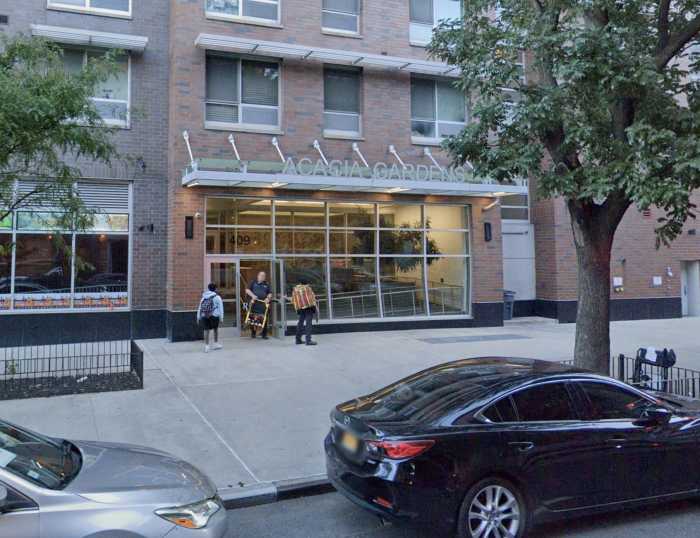By Bill Parry
The U.S. Supreme Court agreed to allow a limited version of the Trump administration’s travel ban on travelers from six predominantly Muslim countries from entering the United States Monday, the final day of the high court’s opinions.
The court ruled that the ban “may not be enforced against foreign nationals who have a credible claim of a bona fide relationship with a person or entity in the United States,” which includes foreign nationals with family connections in the United States, students who have already been admitted to an American university or college or workers with job offers in the United States.
The travel ban had been on hold since March after two appeals courts blocked key parts of the order. The court also moved to lift the injunction blocking the travel ban, allowing the policy to go into effect imposing a 90-day pause in travel from citizens of Yemen, Syria, Sudan, Somalia, Libya and Iran into the United States.
The president said last week the ban would go back into effect 72 hours after the court’s approval as will the 120-day ban on all refugees entering the United States.
“Today’s unanimous Supreme Court decision is a clear victory for our national security. It allows the travel suspension for the six terror-prone countries and the refugee suspension to become largely effective,” Trump said in a statement. “As president, I cannot allow people into our country who want to do us harm. I want people who can love the United States and all of its citizens, and who will be hardworking and productive. My No. 1 responsibility as commander in chief is to keep the American people safe. Today’s ruling allows me to use an important tool for protecting our nation’s homeland. I am also particularly gratified that the Supreme Court’s decision was 9-0.”
The court’s opinion was unsigned, meaning the breakdown of the justices’ votes is not clear, although three conservative — Justices Clarence Thomas, Samuel Alito and Neil Gorsuch — said they would have granted the Trump administration’s request to block lower court injunctions in their entirety while legal proceedings unfold. The court will hear arguments on the travel ban case when it returns in the fall term beginning the first Monday in October.
“While at least the Supreme Court will not allow the White House to block individuals with strong ties to the United States from entering the country until the justices have ruled on the travel ban case, any enforcement of this Muslim travel ban is highly concerning,” U.S. Rep. Joseph Crowley (D-Jackson Heights), the House Democratic Caucus chairman, said in a statement. As a congressman from Queens, he represents the most ethnically diverse county in the United States.
“Our country was built on the idea that anyone seeking to better their life and contribute to our communities should be welcome in America,” he said. “President Trump’s decision to block individuals from Muslim countries is in stark contrast to these founding values. This travel ban has hurt our global standing and serves as yet another reminder of the short-sighted foreign policy coming from the Trump administration.”
The Supreme Court’s decision was particularly disturbing for American Muslims, coming as it does on the Islamic end-of-Ramadan holiday of Eid ul-Fitr, according to CAIR National Executive Director Nihad Awad.
“Today’s decision by the Supreme Court ignores the anti-Muslim bigotry that is at the heart of the travel ban executive orders and will inevitable embolden Islamophobes in the administration to expand efforts to target the Muslim community with unconstitutional and counter-productive policies,” Awad said. “It also ignores the almost-unanimous rejection of the Muslim ban by lower courts due to its religious intolerance and racial animus.”
The chaos that erupted in January at Kennedy Airport and other international entry points across the country when the president signed his original executive order will not be repeated, according to the U.S. Department of Homeland Security.
“The granting of a partial stay of the circuit injunctions with regard to many aliens abroad restores to the executive branch crucial and long-held constitutional authority to defend our national borders,” DHS said in a statement. “The implementation of the executive order will be done professionally, with clear and sufficient public notice, particularly to potentially affected travelers, and in coordination with partners in the travel industry.”
Reach reporter Bill Parry by e-mail at bparr

